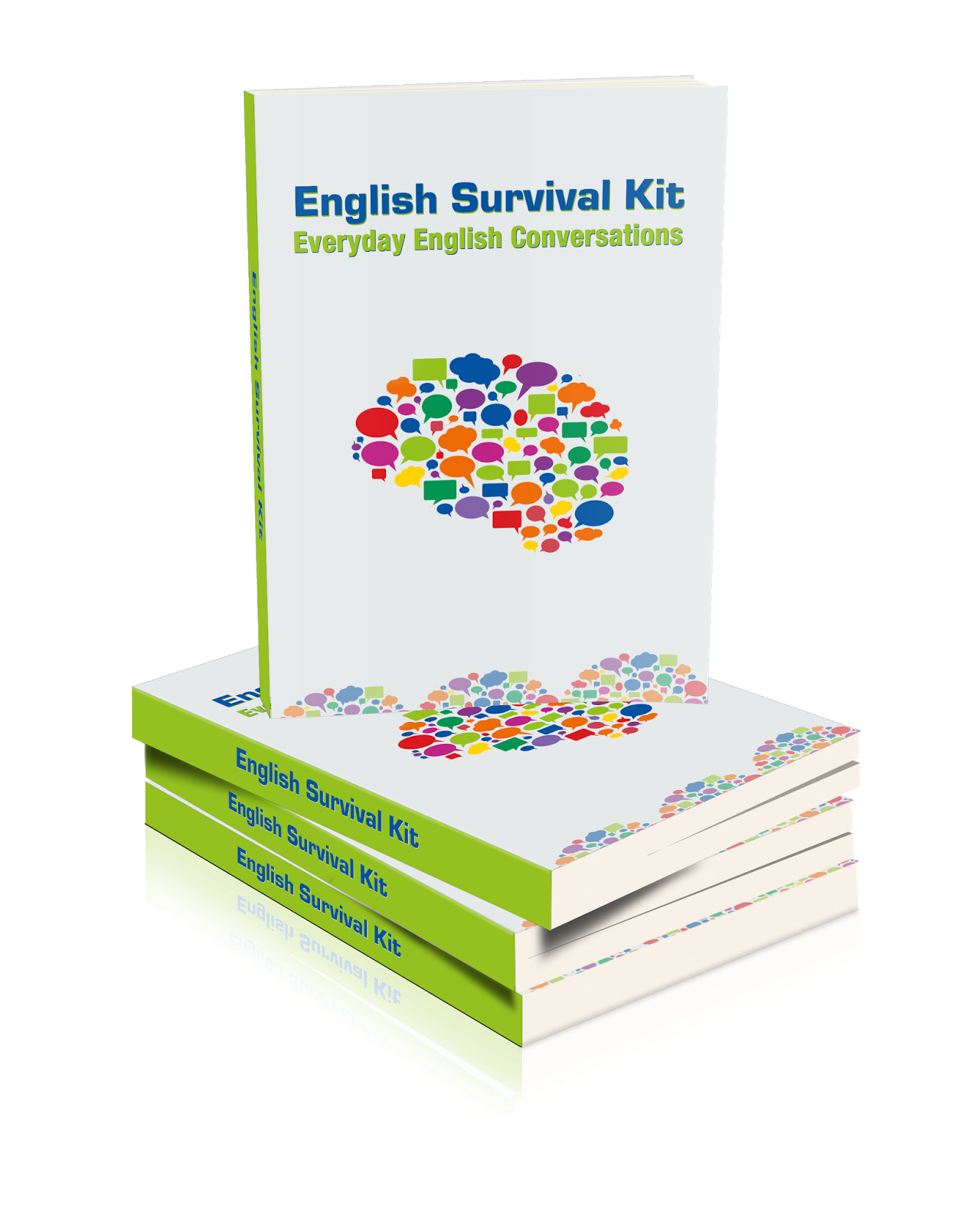The movement said these "quick and
simple" tips show that "taking a little step each day, whether it is
reading a book or listening to the radio, can significantly help to
improve our English proficiency".
With these tips, the Speak Good
English Movement wants all Singaporeans to take action by actively
seeking out the tools and resources that are available to improve their
language proficiency.
Of these ten tips, three of them are --
to read on a regular basis, listen to the way people speak good English,
and think before speaking.
Launched in 2000, the Speak Good
English Movement is a nationwide movement to encourage Singaporeans to
speak standard English that is universally understood. Standard English,
it said, is English with correct grammar and pronunciation, and is not
about accent.
This year, the movement is placing special
emphasis on working adults aged 20 to 39 years old, with the message
that enhancing their speaking and communication skills will serve them
well at work.
Mr Goh Eck Kheng, chairman of the Speak Good
English Movement, explains the rationale for this core target group. He
said: "We can and should keep improving our standard of English, even
after we have left school and are working. It is your choice if you want
the advantage that English proficiency brings or be left behind."
The movement will be rolling out several initiatives and programmes for this target group.
What's the difference between using "fewer" and "lesser"? Can you actually use the word "revert" instead of "reply"?
If
you have the answers, consider taking part in a quiz the Speak Good
English Movement has designed and which will be online next Wednesday.
This year, the movement is also partnering a number of F&B outlets in its campaign.
Mr
G Shanmugam, the owner of Gayatri Restaurant, said: "We help to promote
'Speak Good English', though we don't need people to speak Oxford
English but basic good English will be very useful to Singapore. And, it
is not only for our Singaporeans, but we also need our service staff -
most of them mainland Chinese, Indians from India, (Filipinos from) the
Philippines - to speak good English because if they don't, we will have a
lot of problems."
Ms Grace Lau, assistant marketing manager of Ya
Kun International, said: "Our staff at Ya Kun tend to be slightly older
in their ages. They grew up with the Mandarin language and their
dialects.
"It's a challenge to get them to speak English because
of the fear of a new language. We have simple training for them. We
would also love to have customers to speak to them in English, give them
a bit of challenge, and through this, I hope that our staff will have
the opportunity to express themselves in English more and to take up
this chance to practise what they've learned about basic English."
Here are 5 top tips to get you going.
1. Don't study grammar too much
This rule might sound strange to many ESL students, but it is one
of the most important rules. If you want to pass examinations, then
study grammar. However, if you want to become fluent in English, then
you should try to learn English without studying the grammar.
Studying grammar will only slow you down and confuse you. You will
think about the rules when creating sentences instead of naturally
saying a sentence like a native. Remember that only a small fraction of
English speakers know more than 20% of all the grammar rules. Many ESL
students know more grammar than native speakers. I can confidently say
this with experience. I am a native English speaker, majored in English
Literature, and have been teaching English for more than 10 years.
However, many of my students know more details about English grammar
than I do. I can easily look up the definition and apply it, but I don't
know it off the top of my head.
I often ask my native English friends some grammar questions, and
only a few of them know the correct answer. However, they are fluent in
English and can read, speak, listen, and communicate effectively.
Do you want to be able to recite the definition of a causative verb, or do you want to be able to speak English fluently?
2. Learn and study phrases
Many students learn vocabulary and try to put many words together
to create a proper sentence. It amazes me how many words some of my
students know, but they cannot create a proper sentence. The reason is
because they didn't study phrases. When children learn a language, they
learn both words and phrases together. Likewise, you need to study and
learn phrases.
If you know 1000 words, you might not be able to say one correct
sentence. But if you know 1 phrase, you can make hundreds of correct
sentences. If you know 100 phrases, you will be surprised at how many
correct sentences you will be able to say. Finally, when you know only a
1000 phrases, you will be almost a fluent English speaker.
The
English Speaking Basics
section is a great example of making numerous sentences with a single
phrase. So don't spend hours and hours learning many different words.
Use that time to study phrases instead and you will be closer to English
fluency.
Don't translate
When you want to create an English sentence, do not translate the
words from your Mother tongue. The order of words is probably completely
different and you will be both slow and incorrect by doing this.
Instead, learn phrases and sentences so you don't have to think about
the words you are saying. It should be automatic.
Another problem with translating is that you will be trying to
incorporate grammar rules that you have learned. Translating and
thinking about the grammar to create English sentences is incorrect and
should be avoided.
3. Reading and Listening is NOT enough. Practice Speaking what you hear!
Reading, listening, and speaking are the most important aspects of
any language. The same is true for English. However, speaking is the
only requirement to be fluent. It is normal for babies and children to
learn speaking first, become fluent, then start reading, then writing.
So the natural order is listening, speaking, reading, then writing.
First Problem
Isn't it strange that schools across the world teach reading
first, then writing, then listening, and finally speaking? Although it
is different, the main reason is because when you learn a second
language, you need to read material to understand and learn it. So even
though the natural order is listening, speaking, reading, then writing,
the order for ESL students is reading, listening, speaking, then
writing.
Second Problem
The reason many people can read and listen is because that's all
they practice. But in order to speak English fluently, you need to
practice speaking. Don't stop at the listening portion, and when you
study, don't just listen. Speak out loud the material you are listening
to and practice what you hear. Practice speaking out loud until your
mouth and brain can do it without any effort. By doing so, you will be
able to speak English fluently.
4. Submerge yourself
Being able to speak a language is not related to how smart you
are. Anyone can learn how to speak any language. This is a proven fact
by everyone in the world. Everyone can speak at least one language.
Whether you are intelligent, or lacking some brain power, you are able
to speak one language.
This was achieved by being around that language at all times. In
your country, you hear and speak your language constantly. You will
notice that many people who are good English speakers are the ones who
studied in an English speaking school. They can speak English not
because they went to an English speaking school, but because they had an
environment where they can be around English speaking people
constantly.
There are also some people who study abroad and learn very little.
That is because they went to an English speaking school, but found
friends from their own country and didn't practice English.
You don't have to go anywhere to become a fluent English speaker.
You only need to surround yourself with English. You can do this by
making rules with your existing friends that you will only speak
English. You can also carry around an iPod and constantly listen to
English sentences. As you can see, you can achieve results by changing
what your surroundings are. Submerge yourself in English and you will
learn several times faster.
TalkEnglish Offline Version is now ready for download. In this
package, you can utilize over 8000 audio files to completely surround
yourself in English. There are over 13.5 hours of audio files that are
not available in the web form. All conversations and all sentences are
included, so even if you don't have many English speaking friends, you
can constantly surround yourself in English using your MP3 player. This
package is available at the
English Download page. Take advantage of this opportunity and start learning English faster. Click on the link or go to
http://www.talkenglish.com/english-download.aspx.
5. Study correct material
A common phrase that is incorrect is, "Practice makes perfect."
This is far from the truth. Practice only makes what you are practicing
permanent. If you practice the incorrect sentence, you will have
perfected saying the sentence incorrectly. Therefore, it is important
that you study material that is commonly used by most people.
Another problem I see is that many students study the news.
However, the language they speak is more formal and the content they use
is more political and not used in regular life. It is important to
understand what they are saying, but this is more of an advanced lesson
that should be studied after learning the fundamental basics of English.
Studying English with a friend who is not a native English speaker
is both good and bad. You should be aware of the pros and cons of
speaking with a non native speaking friend. Practicing with a non native
person will give you practice. You can also motivate each other and
point out basic mistakes. But you might pick up bad habits from one
another if you are not sure about what are correct and incorrect
sentences. So use these practice times as a time period to practice the
correct material you studied. Not to learn how to say a sentence.
In short, study English material that you can trust, that is commonly used, and that is correct.For a more comprehensive study course try the
English Survival Kit - click link.









